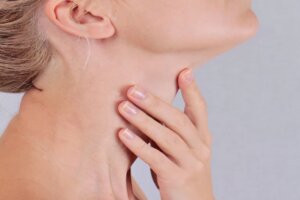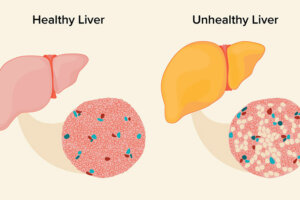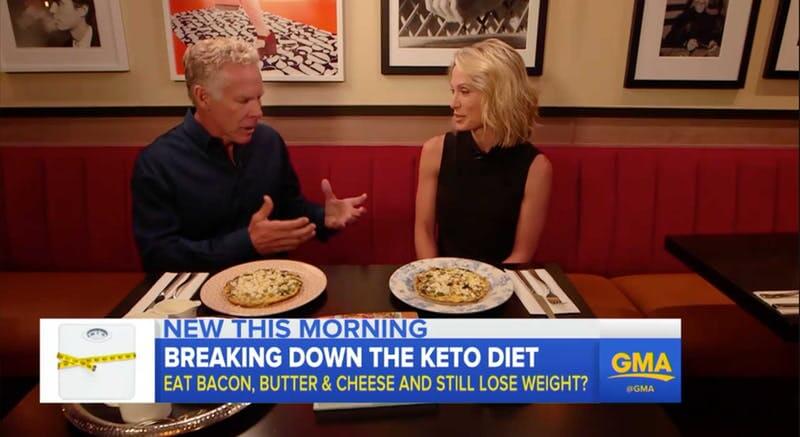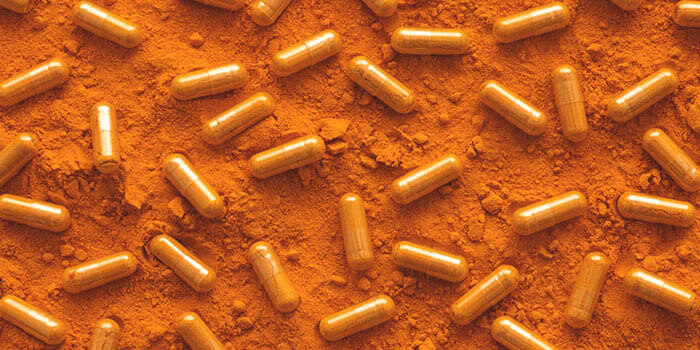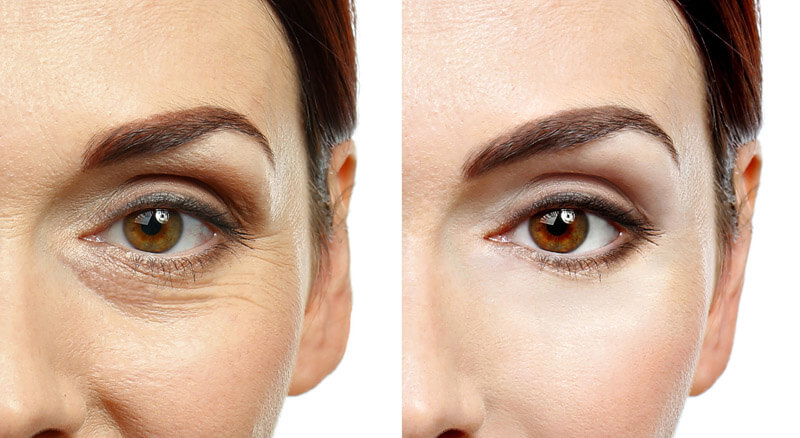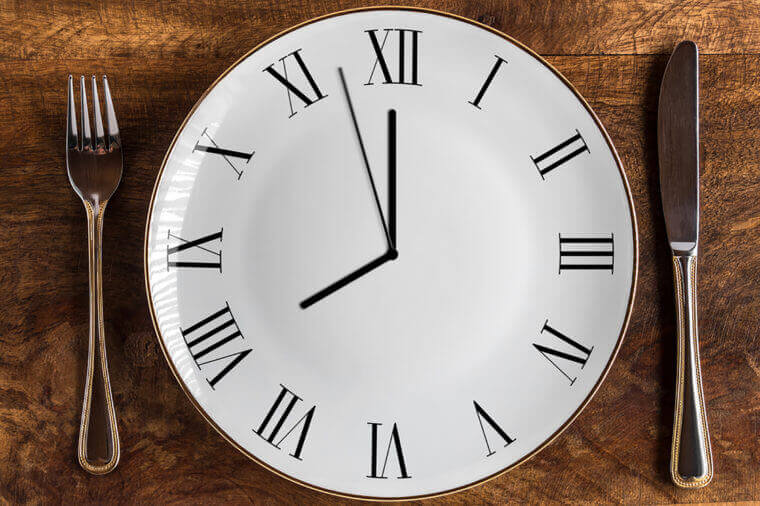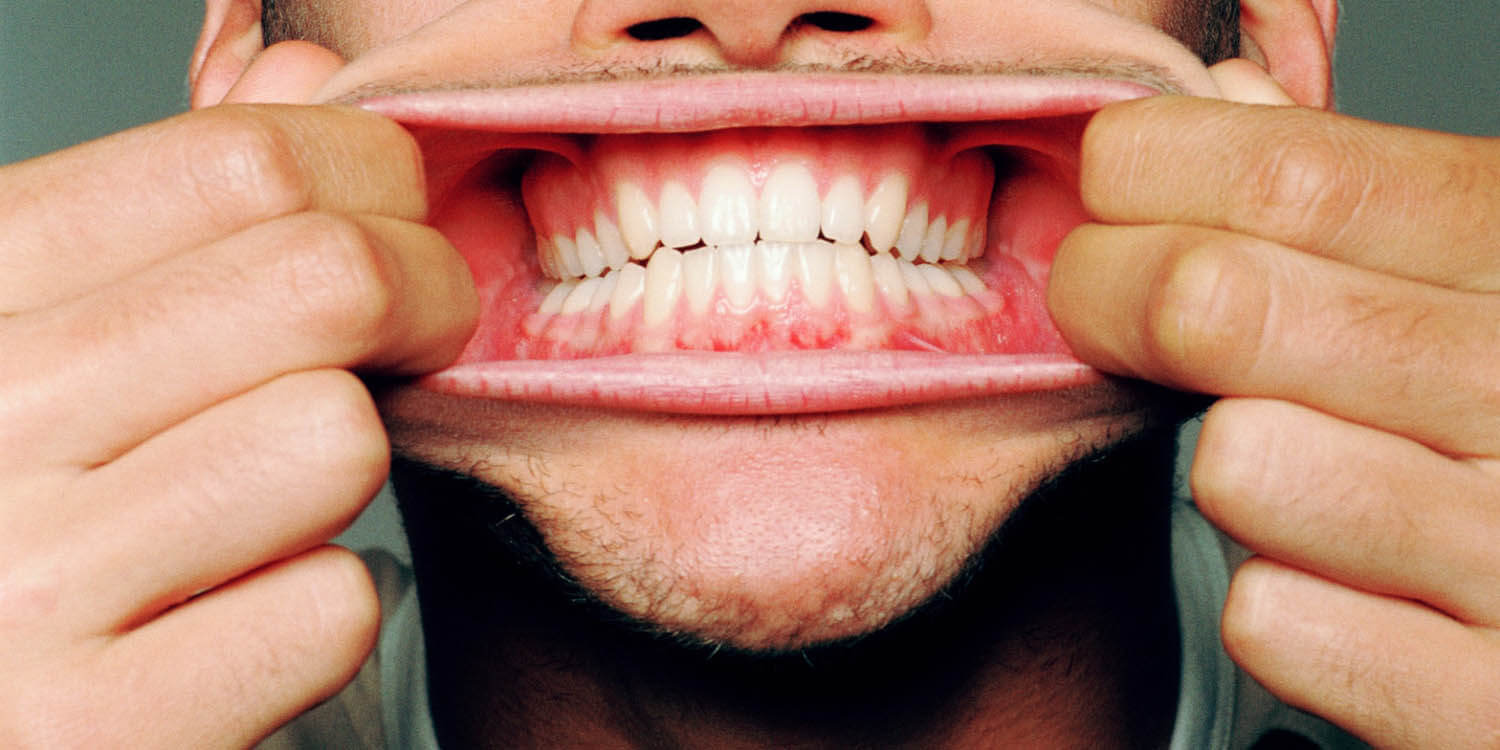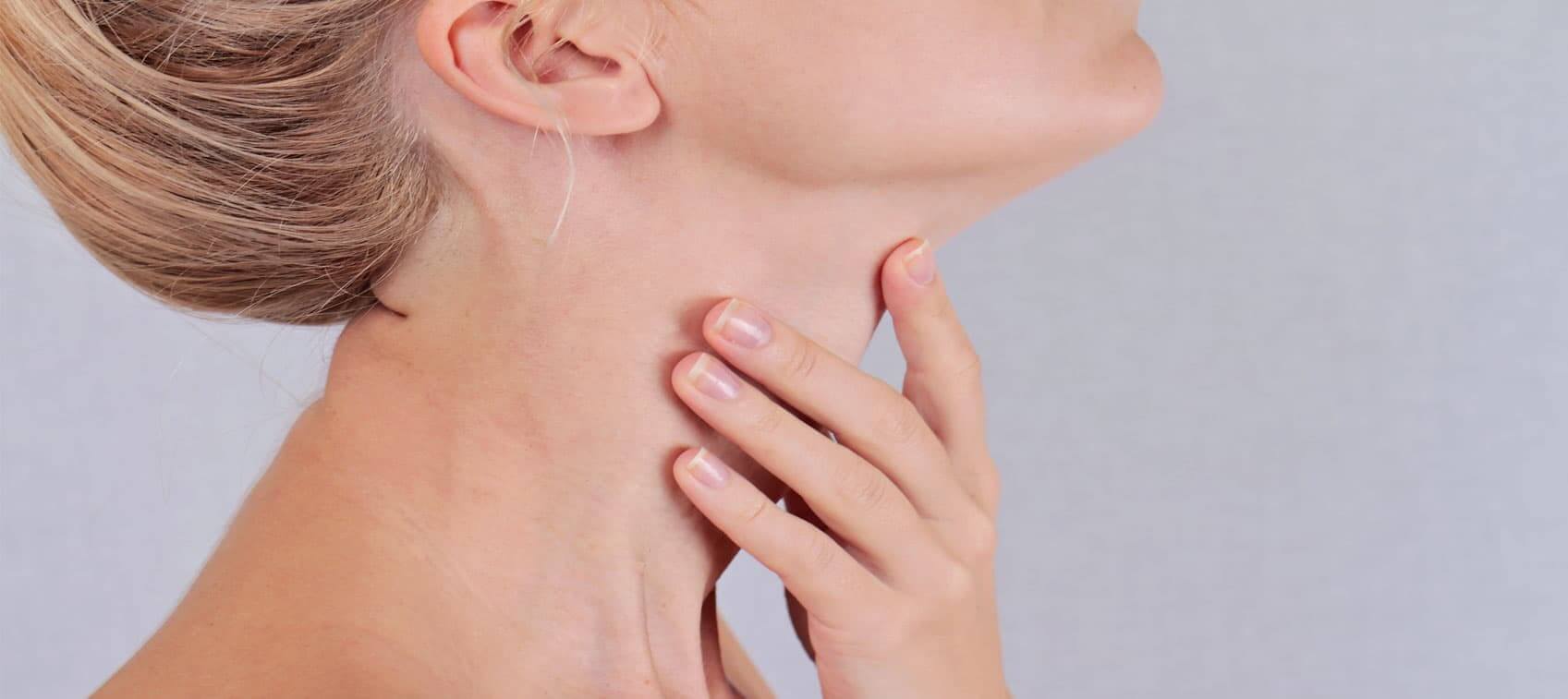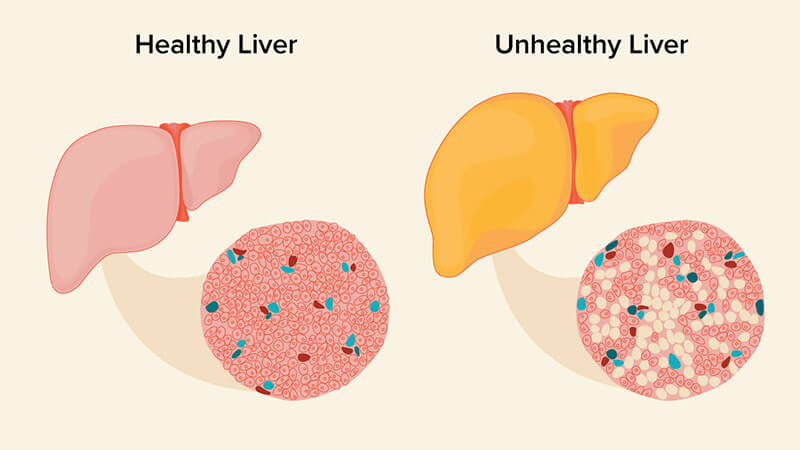The importance of proper brushing and flossing for good dental health is well known, but caring for your teeth doesn’t stop there. There are several common dental hygiene mistakes you may be making, each of which can undo all your daily dental hygiene work and even cause harm to your teeth.
Check out these 8 common dental hygiene mistakes that can destroy the health of your gums and teeth.
1) Brushing Straight After Eating
While it’s a good idea to brush after every meal or snack and not just in the mornings and evenings, brushing too soon after eating can actually do more harm than good.
Sugary foods and drinks cause a layer of acid to build up on your teeth, and this makes the surface of them soft and easily damaged. Brushing before your saliva has had a chance to neutralize this acid can strip away a fine layer of enamel from your teeth, weakening them and increasing the risk of cavities.
Instead, wait for ten minutes after eating or drinking, and then rinse your mouth well with water before brushing, and the damage will be avoided.
2) Forgetting the Dangers of Drinks
However, it’s not just after eating that brushing is needed. Many drinks contain far more sugar per serving than most foods, and this is just as dangerous for your teeth. Sports drinks and fruit juices are especially concentrated with sugars, and you should always rinse your mouth with water after drinking them, and then brush ten minutes later.
You may think that diet sodas are safer, but while they don’t contain any sugar, they’re often very acidic so rinsing and brushing afterward is still a very sensible idea.
 3) Rinsing After Brushing
3) Rinsing After Brushing
Rinsing might be important after eating and drinking, but it’s a mistake after brushing. One of the great benefits of toothpaste is that the fluoride it contains hardens tooth enamel, helping to prevent decay. However, fluoride needs to be in contact with your teeth for several minutes to have this effect, and rinsing after brushing greatly reduces the benefits.
If you hate the taste of toothpaste and really want to rinse, use a good mouthwash with added fluoride instead of water.
4) Using Too Hard of a Brush
You may think a harder toothbrush will remove more bacteria, plaque, and tartar than a soft one. While this is true, harder brushes scrape and weaken the enamel more severely, and they also increase the risks of irritated and infected gums. Softer bristles are fine for removing bacteria and staving off decay, and it’s safer for your dentist or dental hygienist to deal with plaque during your regular checkups.
5) Being Tempted By Easy Whitening
You should never take teeth whitening treatment from a beauty salon or use a home-based kit yourself. The chemicals involved can be very damaging in untrained hands. If you want to whiten your teeth successfully and safely, speak to your dentist first.
Also, don’t be tempted by the many ‘natural’ home whitening treatments you see described online. While rubbing your teeth with lemon juice, baking soda, or strawberries may indeed whiten them a little, it’s at the cost of weakening the enamel and risking longer-term problems.
6) Ignoring Bleeding Gums
You should never ignore bleeding gums, as this is often the first sign of gum disease which can get rapidly worse if not treated as soon as possible. Even worse, swollen and bleeding gums can very occasionally be a sign of a far more serious health problem, so speak to your dentist at the first signs of repeated blood.
7) Ignoring Jaw Pain and Headaches
Also, if you regularly suffer from unexplained jaw pain along with headaches in your temples, get yourself checked out by your dentist. This could be a sign of an infection, advanced gum disease, or even nocturnal teeth grinding or bruxism.
8) Putting Off Dental Visits
Lastly, don’t put off visiting your dentist out of fear or financial worries. If money is an issue, try looking into a low-cost dental plan which will cover just the basics such as regular checkups. Catching any problems early will stop the costs of treatment shooting upwards when more work needs to be done later on.
In the same way, if you’re nervous about the dentist’s chair, then putting off a checkup will only make things worse. Not only will your anxiety grow stronger the longer you leave it, but there’s more chance of needing extensive and uncomfortable treatment when issues aren’t dealt with soon enough.
Thanks to advances in dental science, most people’s teeth are in better shape now than at any time in history. However, that’s no reason to take a laid-back attitude to looking after your teeth. While brushing and flossing is essential, avoiding these mistakes can greatly reduce the amount of treatment you’ll need in the future.


